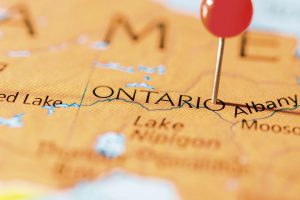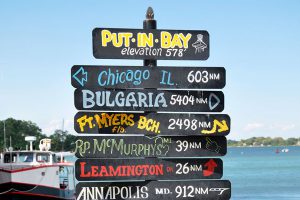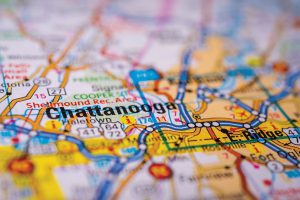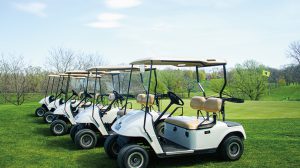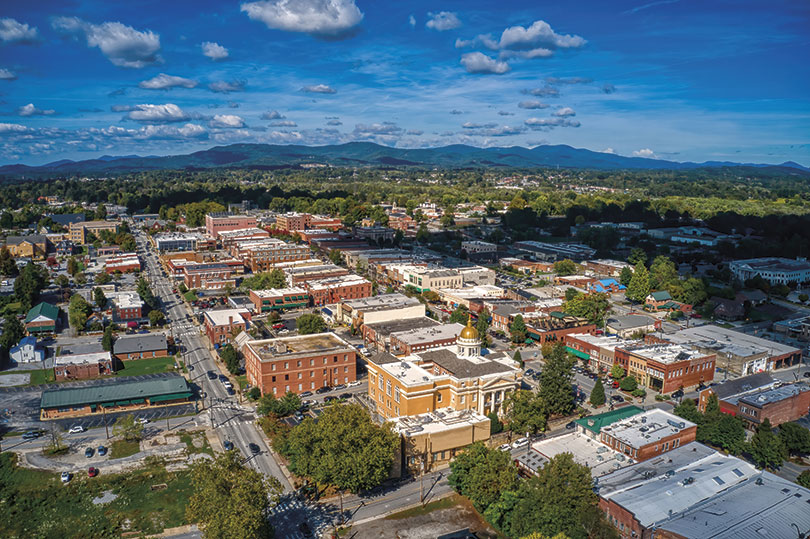
The prospect of allowing golf cars on Hendersonville’s streets divides city council members. Safety concerns and a “poor driving record” among the reasons cited for the split decision. Advocates highlight potential benefits, while opponents worry about enforcement and unintended consequences.
In Hendersonville, the question of whether to permit golf cars on local streets, following in the footsteps of beach communities in the state, led to a divided opinion among City Council members. During the meeting, council members engaged in a discussion on the subject, but ultimately, three out of the five members voiced their opposition.
City Manager John Connet explained that street-legal golf cars that meet motor vehicle standards, including lighting and seatbelt requirements, are already allowed. However, the city could consider passing an ordinance to relax some of these standards.
Connet further clarified that currently, golf cars are only permitted on streets with speed limits under 35 mph, and the city has the discretion to select which streets would be included in such an ordinance.
Council member Jennifer Hensley advocated for golf cars, proposing that they would not be allowed on primary roads. Drivers would be required to obtain a $150 permit, with revenue potentially allocated for inspections or Parks and Recreation Department funding. Insurance, based on VIN numbers, would also be mandatory.
Hensley pointed to research indicating that the presence of golf cars on roads tends to have a traffic-calming effect. She believed that this move could be beneficial in light of Hendersonville’s existing poor crash data. Additionally, she emphasized the environmental benefits and potential for increased electric transportation downtown, leading to reduced noise and emissions.
She also mentioned the possibility of introducing a shuttle service from parking lots and the garage using electric-powered golf cars, which could address some parking issues in the city. Hensley believed that residents would welcome this new transportation method, potentially allowing two cars to fit in some downtown parking spaces.
Police Chief Blair Myhand, however, expressed his concerns regarding public safety, emphasizing the vulnerability of golf cars in collisions with motor vehicles. He urged careful consideration of the details and factors associated with such an ordinance.
Council member Jerry Smith shared his experience from a beach community, where distinguishing between primary and secondary roads was challenging. He highlighted concerns about major roads like N.C.191 and U.S. Routes 25 and 64, citing instances of 18-wheelers navigating downtown due to construction on I-26.
Lyndsey Simpson, another council member, echoed concerns about safety and suggested limiting golf cars to residential use. She emphasized the need for education and signage to ensure responsible use.
Debbie Roundtree expressed worries about reckless driving on streets such as Ashe Street and Robinson Terrace and likened it to the “Indy 500.” Mayor Barbara Volk, who had previously examined the idea, remained opposed, citing safety concerns about the quiet nature of golf cars compared to motorcycles.
In the end, Volk, Smith, and Roundtree united in their opposition to the idea, concluding the discussion during the five-member council meeting.



